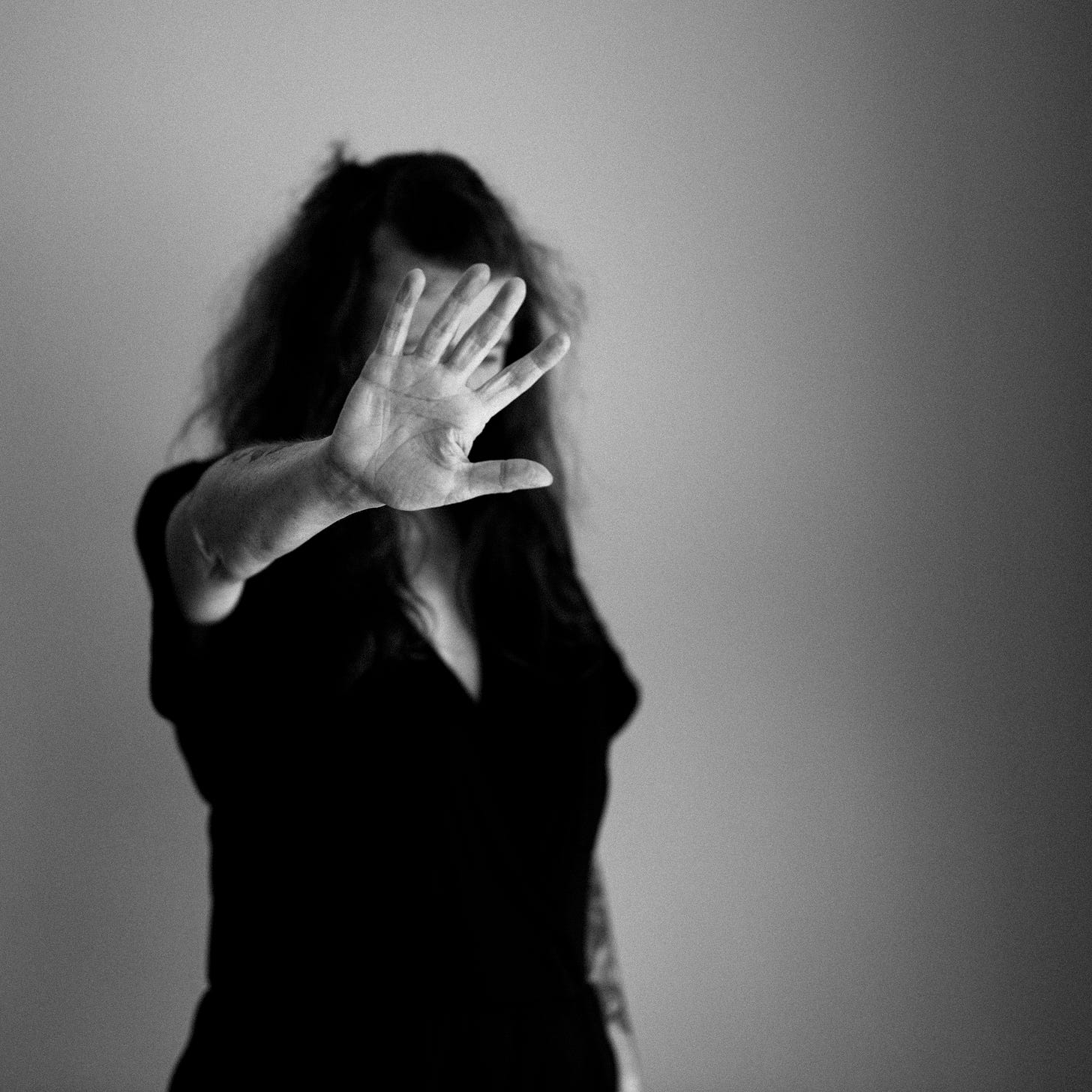Why are there so many
Thoughts about hormones?
And what’s on the other side?
Someday we’ll grasp it
The Hormone Connection
The mood swings, the hot flash and me…
For many of us, the wild rollercoaster called menopause arrives for boarding between the ages of 40 and 58. Fasten your seatbelts because it’s going to be a bumpy ride.
Dainty perspiration morphs into heavy sweat. 💦
Your stoicism melts into a puddle of tears. 😭
Your calm demeanor cracks with panic attacks. 😱
And of course, after years of playing now-you-see-me-me-now-you-don’t for anywhere from 4 to 8 years, Aunt Flo finally packs up and goes.
Good riddance.
The Mystery of the Missing Hormones
Your sister never experienced a single hot flash? By contrast, you’ve had spotting, hot flashes and night sweats, panic attacks and sleepless nights — for years, no less. (Not to mention the dryness… everywhere.)
Yes, your sister was lucky. But it’s time to let go of sibling rivalry and understand the confusing and crazy reality of menopause: Because of changing hormones, some women (even those related to you) sail through menopause with no significant physical changes, while others have a few symptoms, and still others seem to get every. single. one.

Photo by Annie Spratt on Unsplash
Hormone Treatment 101
For years, doctors prescribed hormone therapy (HT) — a combination of estrogen and progesterone to women with their uterus intact and estrogen alone to women who’ve had a hysterectomy — as one of the most effective treatments available for hot flashes and night sweats. Available in pill, skin patch, ring, gel, cream or spray form, HT can help with vaginal dryness and help preserve bone density as well.
HT fell out of favor, however, following a 2002 Women’s Health Initiative (WHI) study that linked it to serious health concerns, such as breast cancer and heart disease.
Not surprisingly, women abandoned HT en masse. But upon closer investigation, many experts found the WHI studies seriously flawed, with the findings limited to women with an average age of 64 — or about a decade or more after most enter menopause.
Today, the jury seems to move perpetually in and out when it comes to the safety of HT. Here’s the current thinking:
“For healthy women aged younger than 60 years with bothersome hot flashes who are within 10 years of menopause, the benefits of HT generally outweigh the risks.” — menopause.org.
The Bottom Line
HT carries small risks for women with a history of breast cancer, endometrial cancer, stroke, heart attack or liver disease. It may also slightly increase your risk of stroke or blood clots in the legs or lungs (especially if taken in pill form).
In the end, however, the risks of HT depend on the type taken, the dose given, length of treatment, and your own individual health risks.
No one answer fits all so talk with your doctor about your options. Your decision should be made by looking at the severity of your symptoms, your personal and family health history, and of course, your own feelings about menopause treatments.
For a Pause
While the FDA has approved hormone therapy for hot flashes, it’s also given the go-ahead to a nonhormone medication, a low-dose antidepressant called Brisdelle. (It’s generic name is paroxetine.)
Equelle is another non-hormonal medication for hot flashes. For even more options, read here.
Some studies suggest that acupuncture and hypnosis can help minimize hot flashes. Some other alternatives like soy, black cohosh and Chinese herbal remedies are touted for their effectiveness, but there’s not enough evidence of their safety or effectiveness.
Yeah, it can be annoying when someone says, “Just Relax.” But doing that just might help ease those hot flashes.
One More Thing…
How many periods does the average woman have in her lifetime? A mere 450.
We’re going to need more Tampax.
And we just heard of a brand-new fad.
And they say its gonna drive you mad.
— The Kid is Hot Tonight, Loverboy
Until next week, stay well, stay healthy, stay safe.
See you next time!
xoSheryl&Jennifer
Know someone who could use a Pause? Share our newsletter and help us spread the word. We’re in this together!


